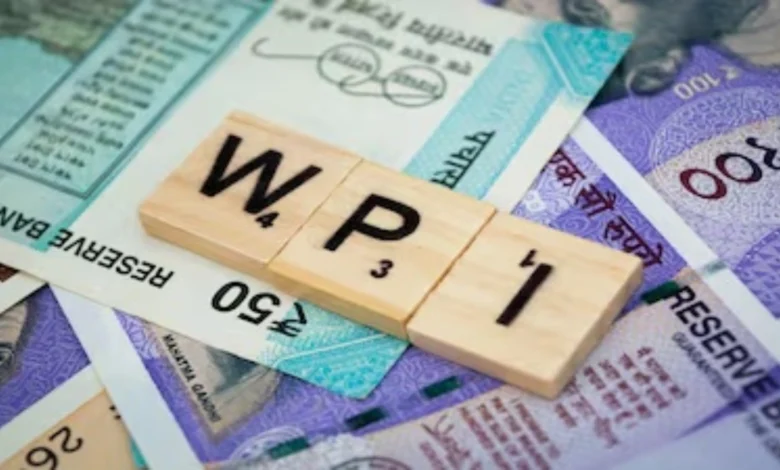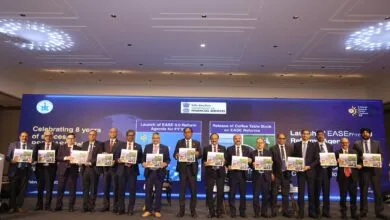WPI Inflation Rises to 2.38% in February, Driven by Manufactured Goods

India’s Wholesale Price Index (WPI) inflation stood at 2.38% in February, according to data released by the Ministry of Commerce and Industry on Monday. The latest figures indicate a slight increase from 2.31% in January, reflecting the impact of rising prices in manufactured goods and food products.
Marginal Increase in Inflation
The month-on-month change in WPI inflation was a modest 0.07% higher in February compared to January. According to the ministry’s statement, the positive inflation rate was mainly driven by an increase in the prices of manufactured products and food articles over the same period last year.
Key Sectoral Trends in Inflation
- Food Inflation: The month-on-month food inflation recorded a decline of 2.05% in February compared to January, indicating some relief in food prices.
- Fuel and Power: Inflation in the fuel and power sector rose by 2.12% in February, reversing the downward trend seen in previous months.
- Manufactured Products: The index for manufactured goods also increased by 0.42%, contributing to the overall rise in WPI inflation.
The ministry also revised the final WPI inflation rate for December 2024 to 2.57%, slightly higher than previous estimates.
Retail Inflation Falls to a 7-Month Low
While wholesale inflation increased, Consumer Price Index (CPI) inflation fell to a 7-month low of 3.61% in February, down 0.65% from January. The decline in retail inflation was mainly due to a continued fall in food prices, which reached their lowest level since May 2023.
Additionally, fuel prices eased, reducing household expenses, with inflation in this category recorded at -1.33% in February.
Impact on RBI’s Monetary Policy
The Reserve Bank of India (RBI) closely monitors CPI inflation while setting monetary policy. With retail inflation now below the RBI’s 4% target, the central bank has more room to cut interest rates to boost economic growth and employment.
Last month, RBI Governor Sanjay Malhotra announced a 25 basis points cut in the policy rate, bringing it down from 6.5% to 6.25%. He stated that inflation is expected to decline further and gradually align with the 4% target.
The RBI’s Monetary Policy Committee (MPC) also decided to maintain a neutral stance, balancing inflation control with economic growth. This approach gives the central bank flexibility to respond to future macroeconomic challenges while supporting the economy.
